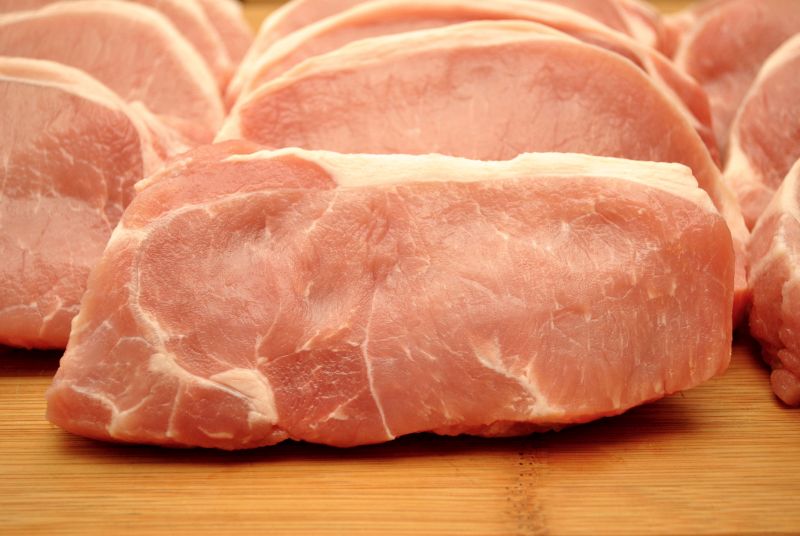
A simplistic tax slapped on all meat products as part of efforts to respond to climate change and obesity is 'too blunt a policy tool', experts warn.
According to University of Oxford researchers, a meat tax could prevent almost 6,000 deaths per year in the UK and save the economy more than £700 million.
But experts now say that to maximise health benefits, the focus should instead be used to shift people away from ultra-processed food rather than on all meat products.
That was the finding of a panel of experts at an event convened by the Food Ethics Council to scrutinise the idea of a UK meat tax.
‘Food Policy on Trial: in the dock – meat tax’ heard evidence from four witnesses. Professor Mike Rayner, University of Oxford, strongly argued the case that a meat tax was necessary and inevitable, and a natural step on from the sugary drinks tax.
But Stuart Roberts, NFU Vice President, and Richard Young, Sustainable Food Trust, both challenged the idea, highlighting the environmental benefits that grazing livestock can bring.
Meanwhile, Jody Harris, Institute of Development Studies, gave evidence of the negative health impacts of consuming processed and ultra-processed meat, which include higher mortality rates and especially cardio-vascular disease.
Tax on ultra-processed food
The jury found the idea of a tax specifically on ultra-processed meat promising, although ideally it would be extended to cover all ultra-processed food.
The UK has the most ultra-processed diet in Europe and there is strong evidence that eating too much ultra-processed food contributes to diet-related ill health.
Dan Crossley, Executive Director of the Food Ethics Council, said it is wrong to lump all meat into the same basket, which is why a blunt tax on meat 'won’t work'.
“The clearest evidence is against ultra-processed meat and other ultra-processed foods, which have been allowed to dominate our daily diets. It’s time to challenge this and seriously consider the idea of an ultra-processed food tax,” he said.
Whilst the majority of the audience felt that a nuanced meat tax might work, the jury felt that it would have to be within a broader framework tackling health and environmental issues.
To mitigate the impacts of such a tax on those that likely to be worst affected, the jury proposed ringfencing any revenue towards two main areas.
Firstly, to help everyone, including those on low incomes, to eat healthier diets in a dignified way.
Secondly, to support farmers and food producers to transition towards healthy, sustainable food and farming systems.
Climate-friendly livestock production
There was also a broad consensus in the room about the need for urgent action to overhaul the current food environment but without a knee-jerk reaction that risks unintended consequences.
Some experts on the panel called for the government to introduce fiscal measures to incentivise climate-friendly livestock production and penalise those that contribute to global warming.
Examples include import tariffs on feedstuffs, carbon taxes, nitrogen taxes and subsidies.
The event comes as the next 12 months are likely to see a raft of changes to UK food and farming policies, particularly if the UK leaves the EU later in 2019.
